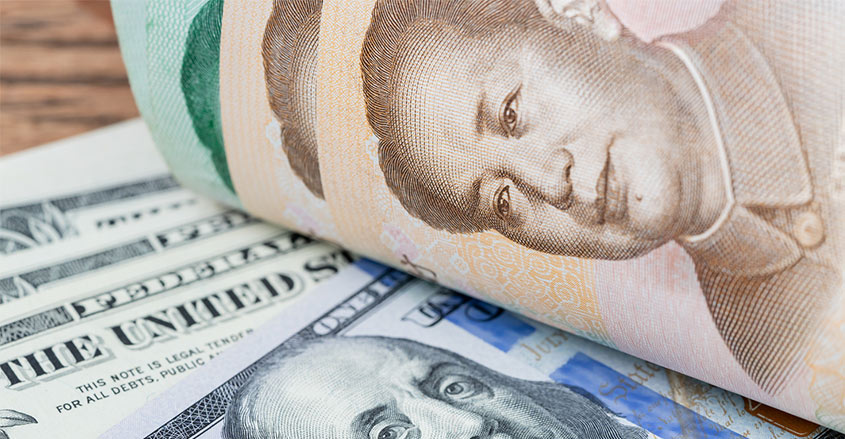President Donald Trump imposed a $200 billion tariff Chinese exports earlier this year. Chinese Premier Xi Jinping then imposed a retaliatory $121 billion tariff on U.S. goods.
And the political grandstanding continues between both countries.
Huawei, a Chinese tech company, is barely known in the U.S. Yet, it stands to surpass Apple as the second-largest global cell phone provider.
Canada, at the behest of the U.S., arrested Huawei Chief Financial Officer Meng Wanzhou in December 2018 in an embarrassing international incident. She is free on $10 million bail.
The United States claims Huawei uses its tech to spy on Americans and is planning to sabotage American tech infrastructure. It could also be the case that the U.S. is trying to safeguard its standing at the top business-generating superpower.
The U.S. may not want China to gain dominance in “fifth generation” or 5G cellular technology. This trade war may be the start of a greater struggle between the two countries to maintain economic, political, and national security dominance on the global stage.
Nevertheless, according to the Fortune Global 500 2018 list, China already leads, with more profitable companies than the United States. The U.S. has 121 companies on the list to China’s 129.
This is the first time this has happened since the Fortune global companies list began in 1990. In fact, this may be the first time that the U.S. supremacy as global business superpower has been challenged since the end of WW II.
The United States is so dominant that the 20th Century is commonly called the “American Century” by academics and historians.
Chinese century?
More than 34 countries are on the Fortune Global 500 list. These countries saw more than $32.7 trillion in revenue and $2.15 trillion in profits in those firms.
China’s 129 companies account for 25.6% of those monetary totals, while the U.S. accounts for almost 30%. A technicality explains China’s achievement, even though it’s behind.
If you count Taiwan as a sovereign nation, which the U.S. does not, then Taiwan owns 10 of the companies on China’s list of 129. That means China has 119 companies to the U.S. 121, essentially parity.
However, China’s rise has been steady. In 2009, just 43 of its companies were on the Fortune Global 500. Less than 10 were on the list in 1999.
Whether China is number one or at parity with the United States maybe be irrelevant soon enough. Unless the United States reasserts its global business dominance, the 21st century might become the Chinese Century.


